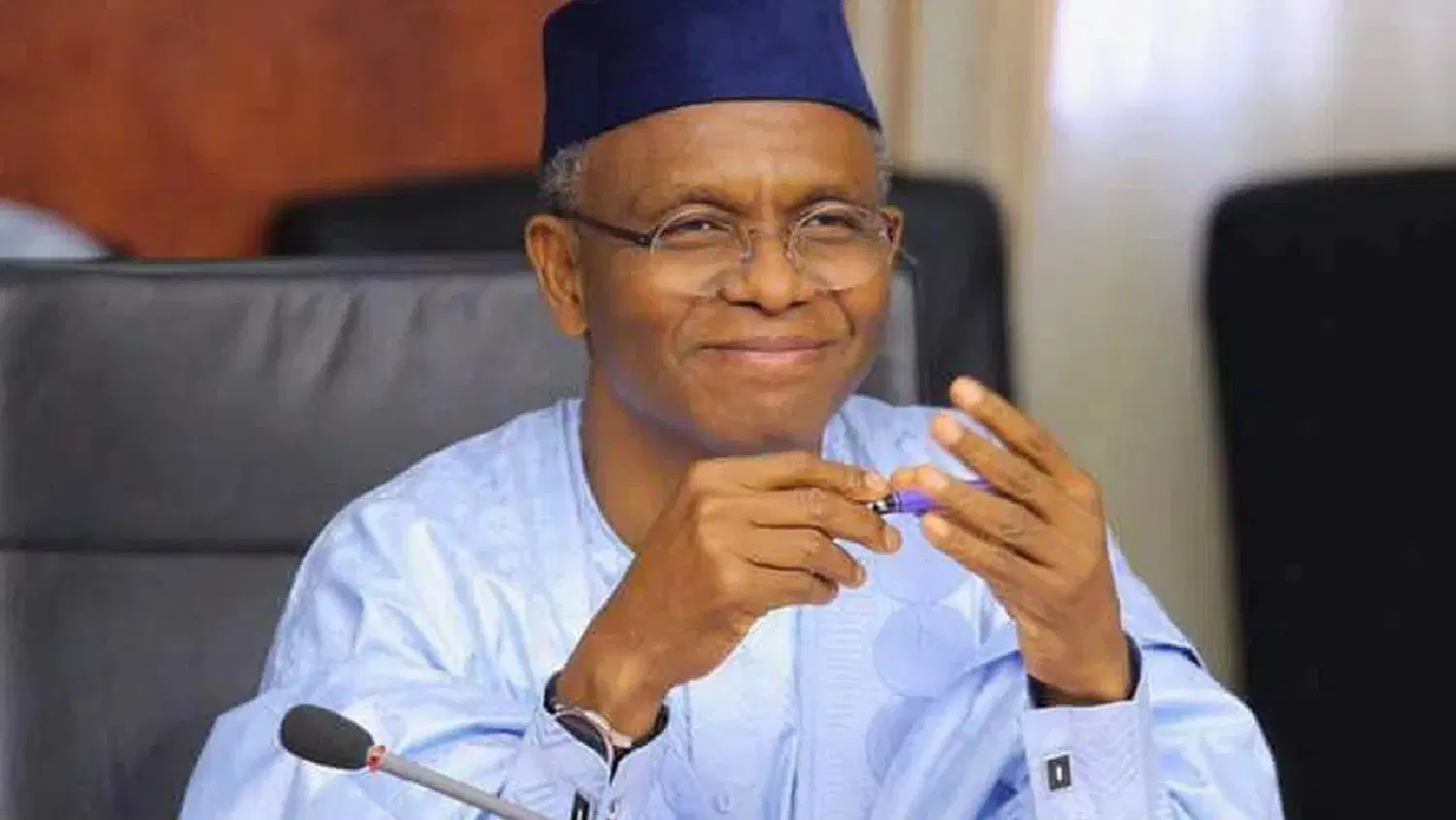Former Kaduna State Governor, Mallam Nasir El-Rufai, has put to rest speculations linking him to the 2027 presidential race, making it clear that he has no intention of contesting for Nigeria’s top job. His statement comes amid growing political maneuverings and early permutations by both ruling and opposition parties ahead of the next general elections.
El-Rufai, who governed Kaduna for eight years before handing over to Senator Uba Sani in 2023, has remained one of the most discussed figures in Nigeria’s political landscape. His silence in recent months had fueled widespread assumptions that he was quietly positioning himself for a return to the national stage. However, speaking during a private interaction with associates, the former governor categorically ruled out any personal political ambition for 2027, stressing that his focus remains on contributing to national development through mentorship and advisory roles.
According to sources close to him, El-Rufai emphasized that Nigeria’s current challenges require sincerity of purpose, bold reforms, and support for those already in leadership, rather than distractions from premature campaigns. He reportedly noted that politics should not always be about personal ambition, but about ensuring continuity of good governance, tackling insecurity, and rebuilding public trust in government institutions.
Observers believe El-Rufai’s declaration may have been influenced by ongoing alignments within the All Progressives Congress (APC). With President Bola Ahmed Tinubu expected to seek re-election in 2027, any suggestion of a rival bid from a strong northern figure like El-Rufai could have heightened internal party tensions. By stepping aside, he appears to be sending a signal of loyalty to the party structure while also leaving room to play a kingmaker role.
In Kaduna State, reactions to his announcement have been mixed. Some supporters expressed disappointment, saying they had hoped El-Rufai would leverage his reputation as a bold reformist to contest for higher office. Others, however, welcomed his decision, describing it as a mark of maturity and statesmanship, especially at a time when Nigeria’s political class is often criticized for prioritizing personal ambition over national interest.
Analysts also point out that El-Rufai, despite his polarizing image, remains an influential figure nationally, with a network that cuts across political divides. His stance against a 2027 run may not diminish his relevance, as he is expected to continue shaping debates on governance, security, and economic reforms.
As 2027 approaches, the political field is expected to widen with aspirants emerging from both major and smaller parties. For now, El-Rufai has made it clear that his name will not be on the ballot, redirecting attention to those currently in power and the urgent need to consolidate Nigeria’s democratic and developmental gains.
More than news- Its Icegate

